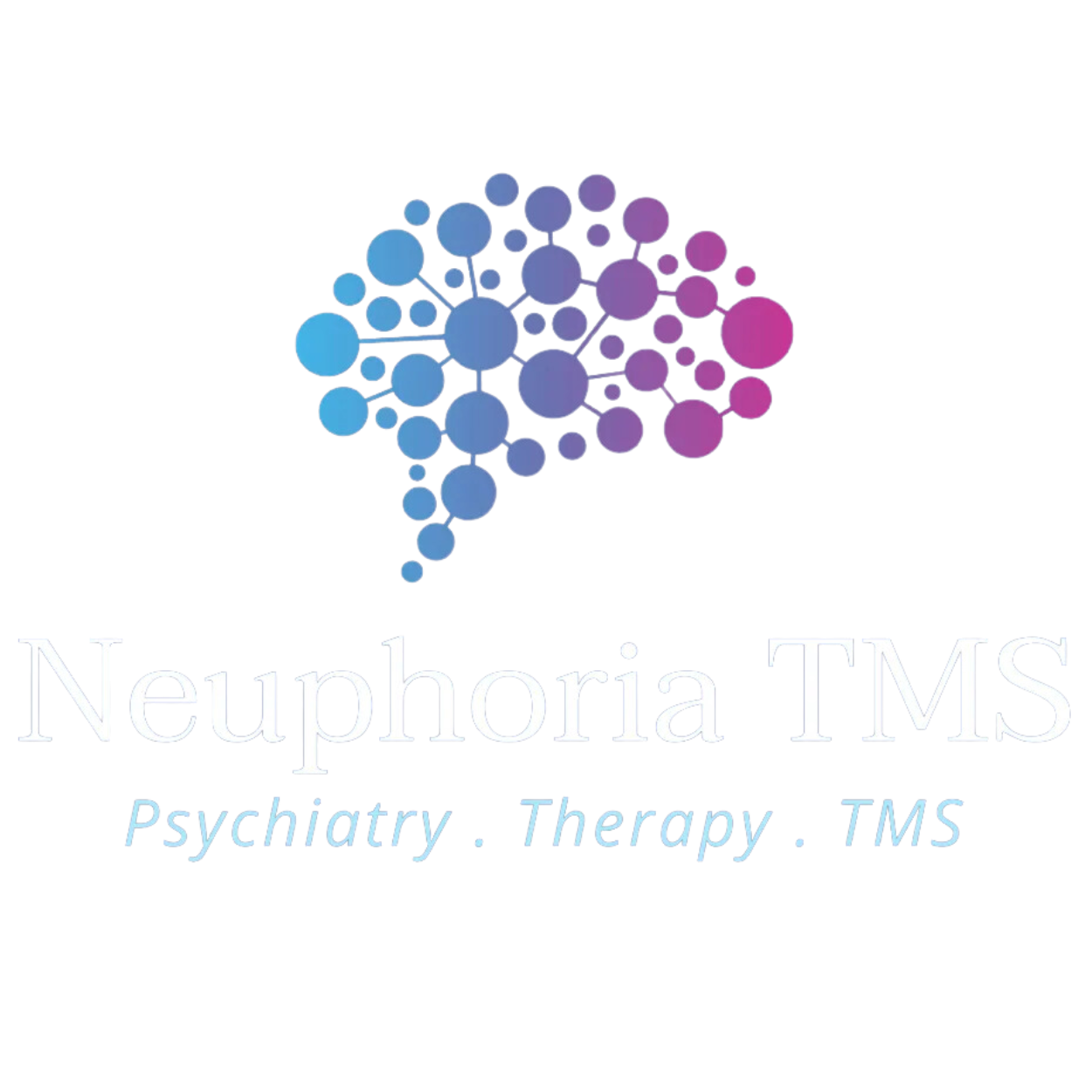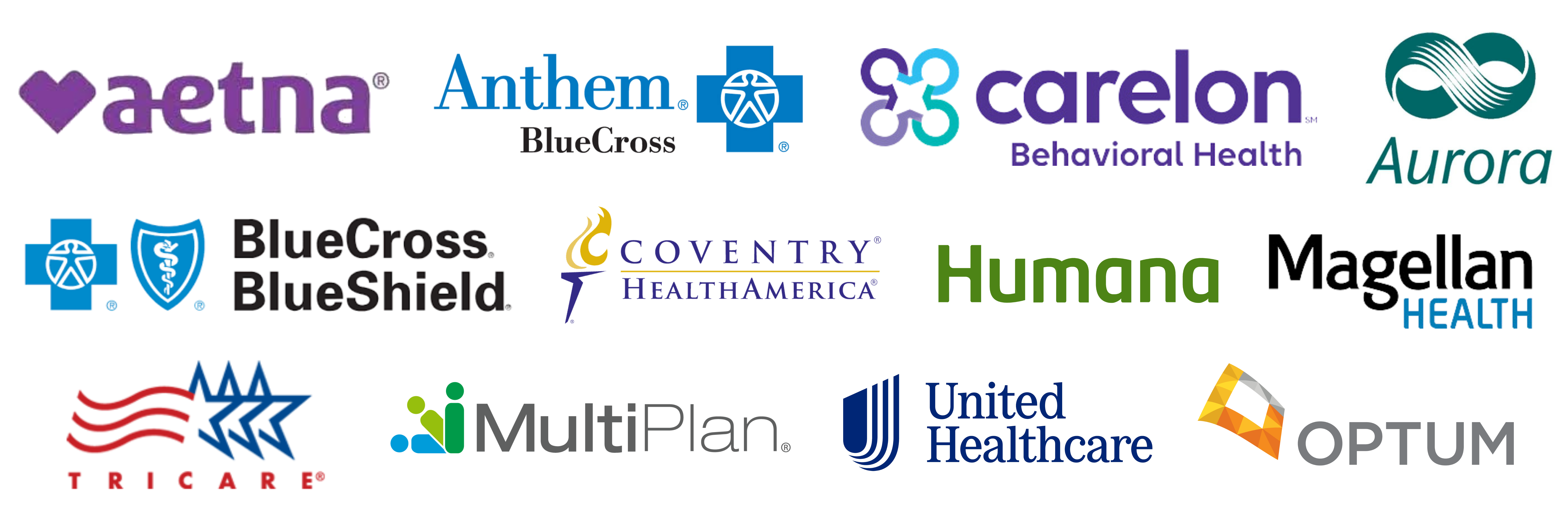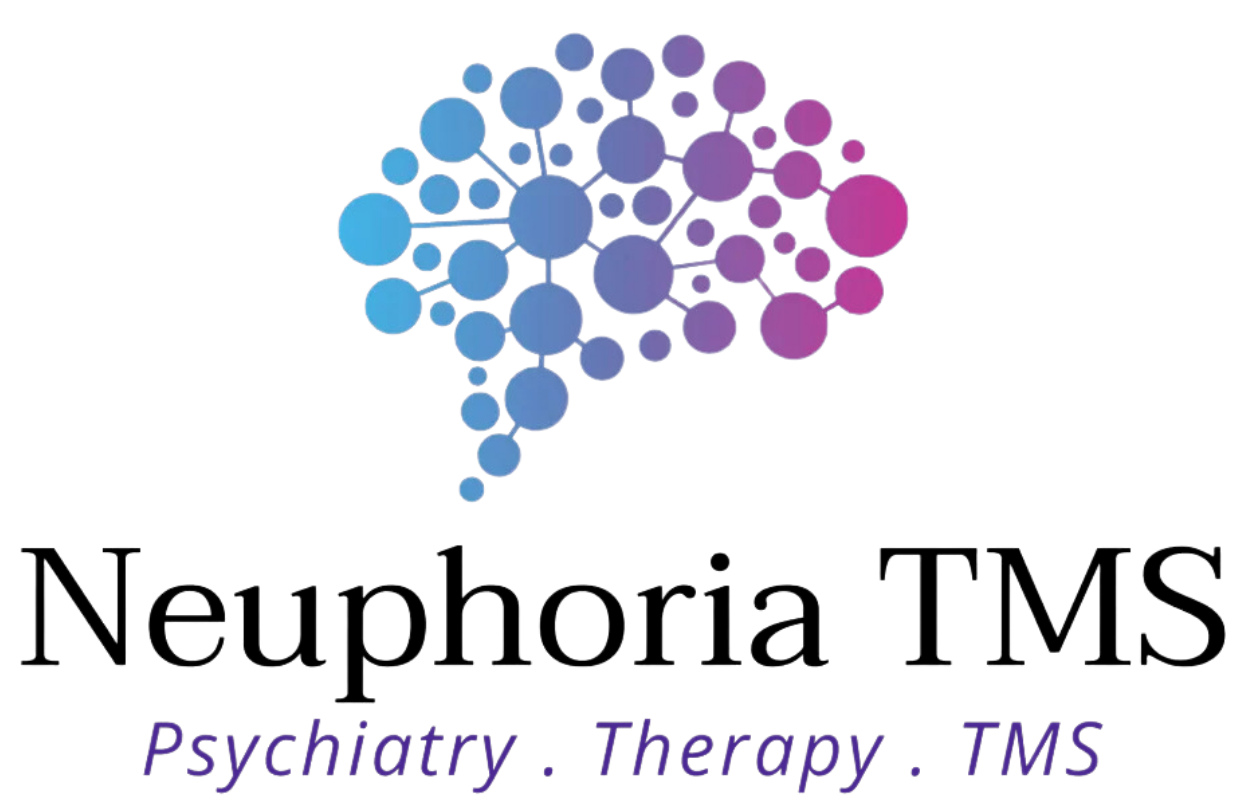Latest News
Latest Blog Posts

4 Silent Mental Health Saboteurs You Might Be Overlooking

Introduction:
In the hustle and bustle of everyday life, it's easy to overlook the subtle ways we may be damaging our mental health. While some factors are obvious, like stress or lack of sleep, others might fly under the radar. Here are four lesser-known habits that could be quietly taking a toll on your mental well-being:
The Caffeine Conundrum: Coffee and caffeine are beloved pick-me-ups, but could they be secretly sabotaging your mental health? Coffee is often seen as a lifesaver, especially during busy mornings or late-night study sessions. However, excessive caffeine intake can wreak havoc on your mental health. While it can provide a temporary energy boost, too much caffeine can increase anxiety, disrupt sleep patterns, and even trigger panic attacks in susceptible individuals. Keep an eye on your caffeine consumption and consider switching to decaf or herbal teas to give your nervous system a break.
Cluttered Chaos: Your personal space might be cluttered, but did you know it could also be cluttering your mind? The state of your environment can have a significant impact on your mental state. A cluttered space can lead to feelings of overwhelm, stress, and even depression. When your surroundings are chaotic, it can be challenging to focus and relax. Take some time each day to tidy up your personal space, whether it's your desk, bedroom, or living room. You'll be amazed at how much clearer your mind feels when your physical space is organized and clutter-free.
The Mealtime Mindset: Skipping meals might seem harmless, but it could be starving your brain of essential nutrients. In today's fast-paced world, it's not uncommon to skip meals, especially when you're busy or stressed. However, skipping meals can have serious consequences for your mental health. Your brain needs a steady supply of nutrients to function optimally, and skipping meals can lead to irritability, mood swings, and poor concentration. Make an effort to prioritize regular, balanced meals, even on hectic days. Your mental well-being will thank you for it.
Breaking the Cycle of Overthinking: Overthinking is more than just a habit – it's a silent threat to your mental well-being. Overthinking is a common habit that many people engage in without even realizing it. Whether you're ruminating over past events, worrying about the future, or second-guessing every decision you make, overthinking can be incredibly damaging to your mental health. It can lead to increased stress, anxiety, and even contribute to depression. Practice mindfulness techniques such as deep breathing or meditation to help quiet your mind and break free from the cycle of overthinking.
In conclusion:
It's essential to be mindful of the seemingly innocuous habits that may be undermining your mental health. By paying attention to your caffeine intake, keeping your environment clutter-free, prioritizing regular meals, and practicing mindfulness to combat overthinking, you can take proactive steps to safeguard your mental well-being. Remember, small changes can make a big difference when it comes to nurturing your mind and living a happier, healthier life.
Your mental health matters! Prioritize self-care: rest, recharge, and seek support when needed. Remember, you can't pour from an empty cup. Take care of yourself first. If you or a loved are needing additional help with taking charge of your mental health, we are here for you! Text or call us today; with several options to help better your mental health, we can help make an impact on prioritizing your mental wellbeing.
TMS is covered by insurance


Contact Info
Address: 1221 Medical Center Dr.
Wilmington, NC 28401
Phone: (910) 239-0300
Fax: (910) 756-4546
Email: info@neuphoriatms.com
Business Hours
Mon: 9am - 5pm
Tues: 9am - 5pm
Wed: 9am - 5pm
Thurs: 9am - 5pm
Fri: 9am - 5pm
Sat/Sun: Closed
For informational purposes only, a link to the federal Centers for Medicare and Medicaid Services (CMS) Open Payments web page is provided here. The federal Physician Payments Sunshine Act requires that detailed information about payment and other payments of value worth over ten dollars ($10) from manufacturers of drugs, medical devices, and biologics to physicians and teaching hospitals be made available to the public. It can be found at https://openpaymentsdata.cms.gov
We accept insurance.

Dr. ____, MD
Insert Doctor Bio

Contact Info
Address: 1221 Medical Center Dr. Wilmington, NC 28401
Phone: (910) 239-0300
Fax: (910) 756-4546
Email: info@neuphorianc.com
Business Hours
Mon: 9am - 5pm
Tues: 9am - 5pm
Wed: 9am - 5pm
Thurs: 9am - 5pm
Fri: 9am - 5pm
Sat/Sun: Closed
For informational purposes only, a link to the federal Centers for Medicare and Medicaid Services (CMS) Open Payments web page is provided here. The federal Physician Payments Sunshine Act requires that detailed information about payment and other payments of value worth over ten dollars ($10) from manufacturers of drugs, medical devices, and biologics to physicians and teaching hospitals be made available to the public. It can be found at https://openpaymentsdata.cms.gov








